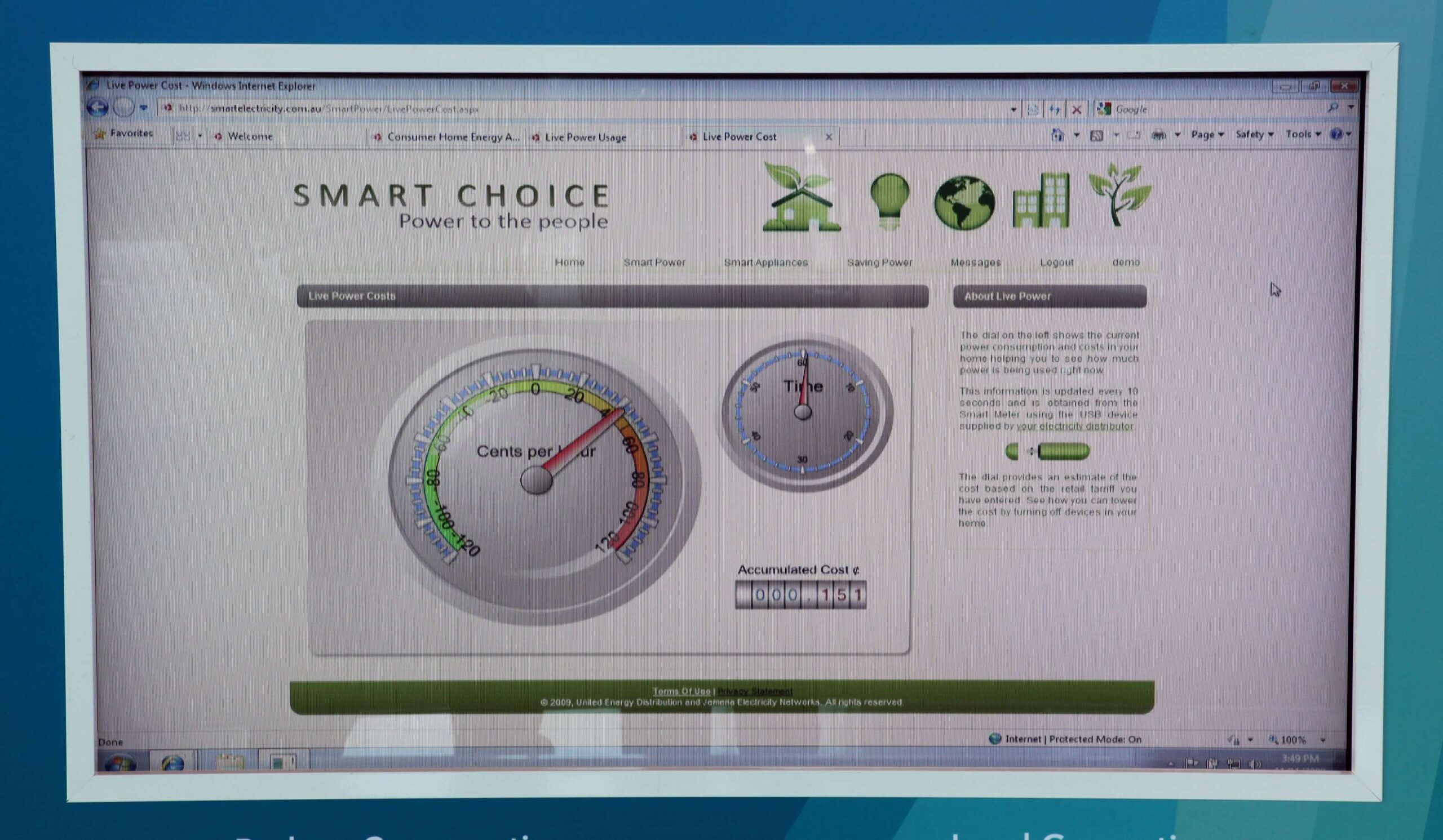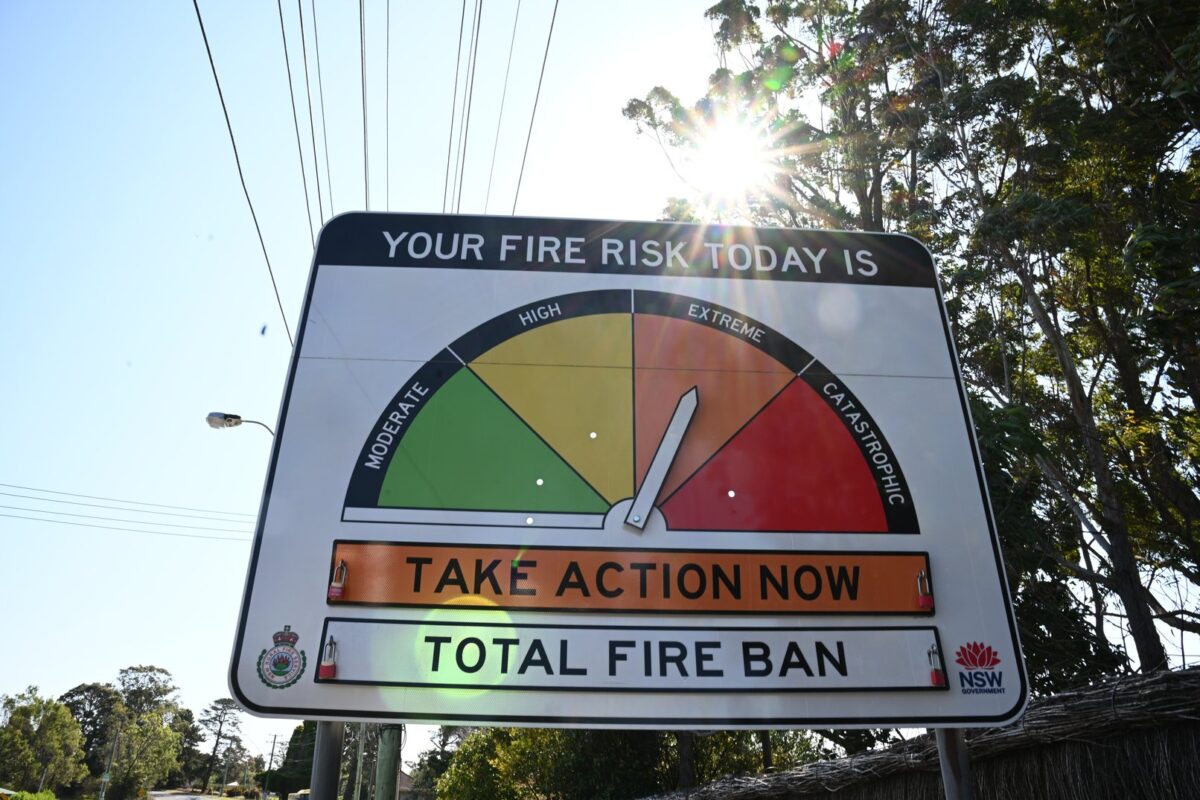
Australia’s green bank is investing $50 million to firm up the electricity grid by giving consumers more control of their homes, electric cars and energy bills.
The Clean Energy Finance Corporation loan announced on Wednesday for tech firm Intellihub, the country’s largest provider of smart metering devices, will bankroll a nationwide rollout of smart meters and behind-the-meter devices.
These devices give consumers the ability to use and store home-generated solar power when it’s cheap and dispatch it when it’s most needed to keep the nation’s lights on.
Smart meters can help households understand, control and dispatch energy from their solar panels, home batteries, electric vehicle charging infrastructure, air conditioning and hot water systems.
Intellihub CEO Wes Ballantine said greater use and co-ordination of consumer energy resource devices can make a meaningful impact on the stability of the grid.
Getting a better grip on consumer energy has the potential to contribute a whopping 37 gigawatts of capacity, or two-thirds of national electricity market energy storage in 2050, according to the latest modelling from the Australian Energy Market Operator.
Universal uptake of the technology by 2030 is estimated at providing net benefits of more $500 million for NSW, Queensland, South Australia and the ACT.
“This investment will unlock bill savings for Australian households,” Minister for Climate Change and Energy Chris Bowen said.
“Smart meters are a key first step to putting solar panels on your roof and a battery at the back door,” he said.
Separately, the Australian Renewable Energy Agency and the market operator are developing a national consumer energy resource data exchange for energy companies to better integrate small-scale energy resources into the grid.
But critics fear the rich trove of data will also attract cyber criminals and impact on privacy by being too smart about real-time energy use in every home.
Who can be trusted?
In a world of spin and confusion, there’s never been a more important time to support independent journalism in Canberra.
If you trust our work online and want to enforce the power of independent voices, I invite you to make a small contribution.
Every dollar of support is invested back into our journalism to help keep citynews.com.au strong and free.
Thank you,
Ian Meikle, editor





Leave a Reply